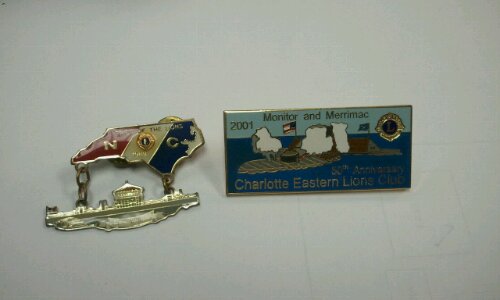I hadn’t expected thorns.
Quite honestly, I’m not sure what I expected, but I thought that surely a hero’s grave would be well kept. Lovingly tended – by whom I did not know – but surely someone.
There was a small American flag in a tiny holder with a big U.S. stamped inside of a star that looked for the world like a sheriff’s badge. Several of the graves were marked with these. Revolutionary war, Civil War, Span-Am, WWI, WWII…whatever the conflict, they all had the same marker.
It was at least something.
I had expected to cry – and I did, a little. But it was more for the benign neglect than the emotional connection I had with the man who lay six feet or so below me. A man whom I had followed on a singular journey over the past 5 years. A man I continue to follow until his story is done. And I am the one to complete it. To bring it to the world. This I know.
I hadn’t brought anything with me that would clear the thorny interloper that had sprung up between Eben and his sister-in-law Henrietta. It threatened to topple one or both of the stones at some point in the not too distant future. Nearby, his brother Stephen’s stone stood tall, while brother Elisha’s stone lay in two pieces, with at least the written part leaned up against the base. “Lost at sea” was engraved forlornly across the bottom. Elisha’s last resting place is unknown. And he would have been largely unknown to Eben, dying when Eben was all of two. Their father’s stone was broken, too – and lay face down. I didn’t have the strength to lift it, and I’m not sure I should have. Mother Sarah’s stone was serenely standing, and sister Sarah was nearby with her husband. So there was some tranquility to be found.
I also found a nephew I did not know. Roswell M. Stoddard, buried next to his uncle Eben. Little Roswell lived for 4 months and 18 days in 1854. Eben would have been 20 or thereabouts, and already taken to the sea. Perhaps he knew him briefly. Perhaps not. But they lie together in repose in the family’s plot, side by side, forever bound together. I saw no evidence of nephews James and Stephen, and I don’t know if they lived long lives or short. But they were nowhere evident.
There was the thorn, however.
Each time I approached Eben’s stone for a closer look it reached for me – tapping me on the shoulder like a reminder. Of what, I am not certain. This was no rosemary for remembrance, after all. Or was it? He was not the warmest of souls as far as I can tell, yet neither was he entirely cold.
Well, he was now, I thought, somewhat morbidly. But he had been a creature of opportunity, ambition, and arguably great passion – though the latter was not entirely reserved for his wife Ellen. She rests about 150 miles to the north – decidedly not with Eben. Did she ever visit here? I have no way of knowing that either. For his sake, I hope she did – but knowing what I know, I have my doubts. And I don’t know who else visits. Who maintains the flags. Who monitors the thorn.
But at least today I visited. Not a wife. Not a lover. Not family. Not a friend.
No, wait. That last one is not right. I am a friend, albeit one now 116 years removed from the day he last drew a ragged breath at Sailor’s Snug Harbor on Staten Island. One hundred and forty one years since he raced to the rescue of the USS Huron, though sadly too late. One hundred and fifty five years since he took down the Alabama off Cherbourg and 157 years since he brought up the Merrimack at Gosport. And one hundred and eighty four years since he drew his first breath here in what would become Ledyard, Connecticut. Oh yes – I stand corrected. I am a friend – and one who cares deeply.
And so I visited with my friend for a spell. And I brushed back the thorns that threatened to overtake him. And I promised that I would not let that happen. His life, his work, his story, his final resting place – they would not be forgotten.
At least not on my watch.

